Former Russian President Dmitry Medvedev was confirmed as the country’s new prime minister by a majority of votes in the State Duma on May 8. United Russia and Liberal Democrats factions, all in all 299 deputies, voted in favor of his candidacy, 144 - Communists and A Just Russia lawmakers - voted against.
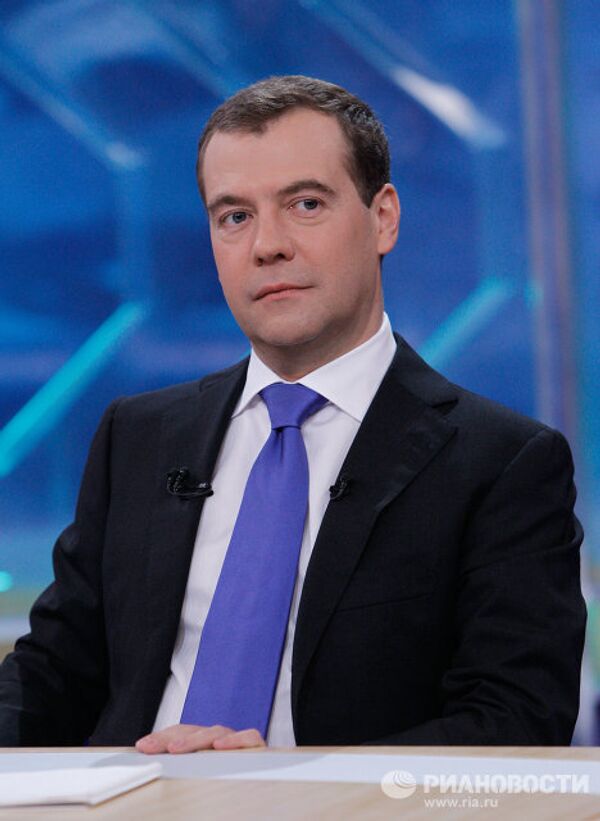
Former Russian President Dmitry Medvedev was confirmed as the country’s new prime minister by a majority of votes in the State Duma on May 8. United Russia and Liberal Democrats factions, all in all 299 deputies, voted in favor of his candidacy, 144 - Communists and A Just Russia lawmakers - voted against.
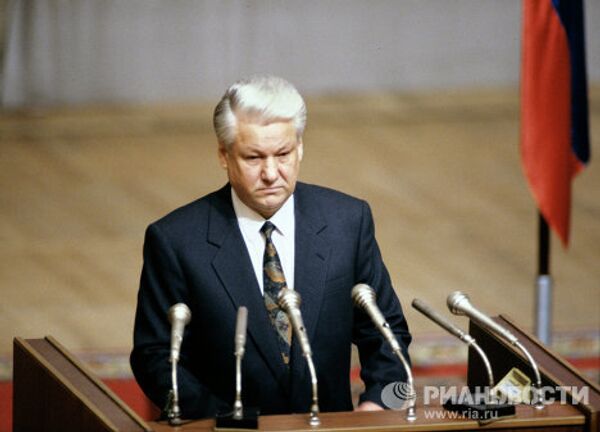
Boris Yeltsin headed the Russian government after the collapse of the Soviet Union from November 6, 1991 till June 15, 1992. He served as both president and head of the Russian cabinet.
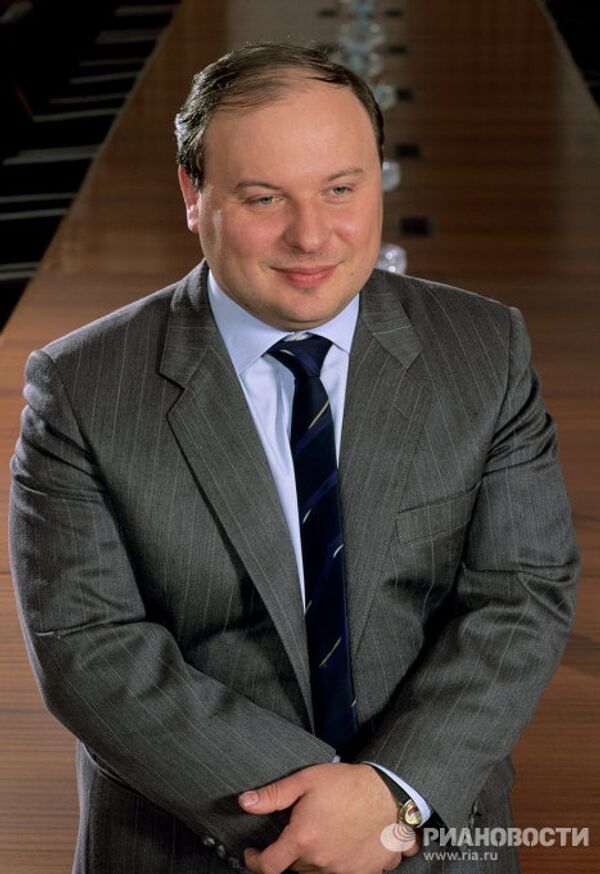
Yegor Gaidar was acting prime minister from June 16, 1992 till December 13, 1992. Gaidar was a leading figure in Yeltsin's controversial economic reforms in the years after the collapse of the Soviet Union.
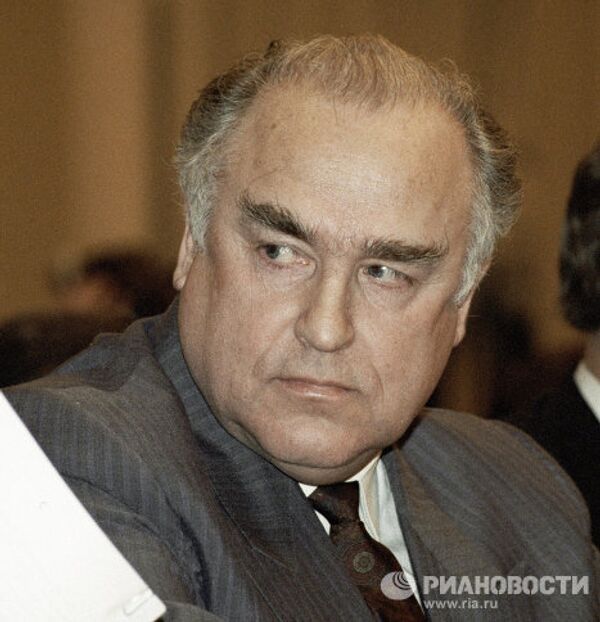
Viktor Chernomyrdin was appointed prime minister on December 14, 1992. He was dismissed in March 1998.
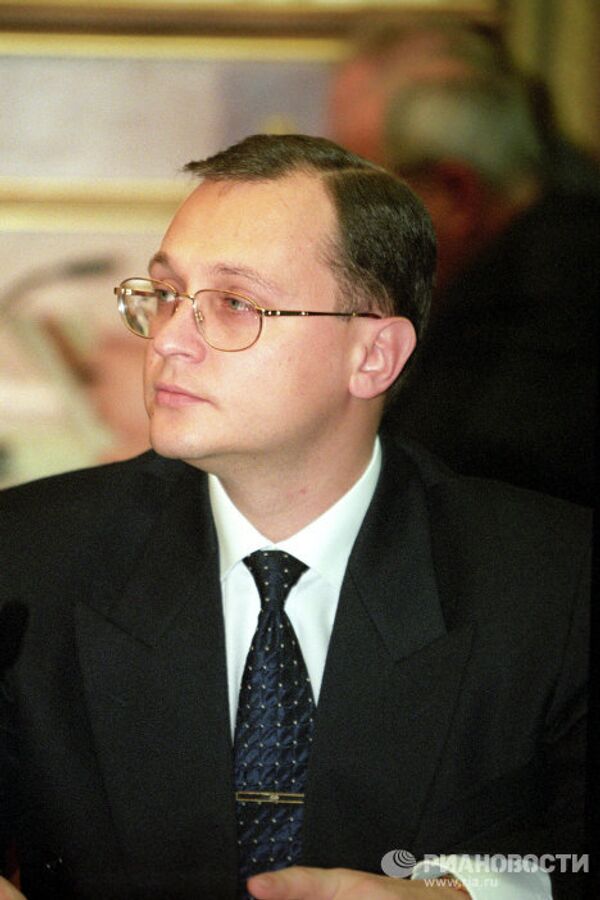
Sergei Kiriyenko served as Russian prime minister from April 24 till August 23, 1998. President Yeltsin sacked Kiriyenko's cabinet after the 1998 Russian financial crisis broke out on August 17.
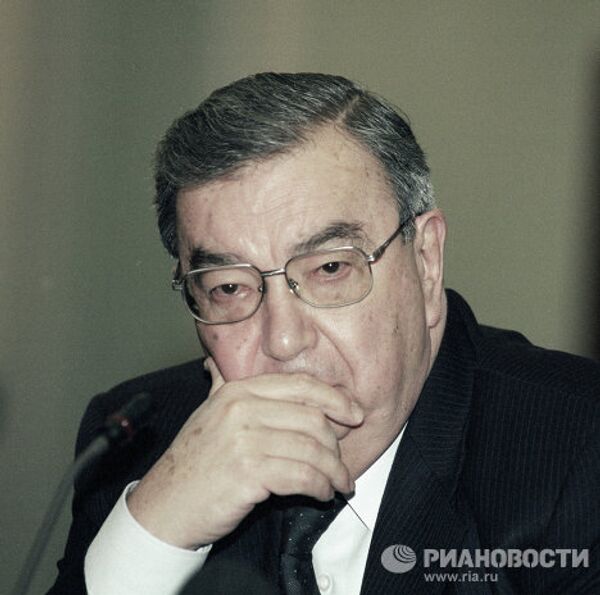
After Yeltsin's bid to reinstate Chernomyrdin as prime minister was blocked by the Duma in September 1998, Yeltsin submitted the candidacy of Yevgeny Primakov. He headed the Russian government from September 11, 1998 till May 12, 1999. Primakov forced some difficult reforms in Russia, most of which, such as the tax reform, became major success.
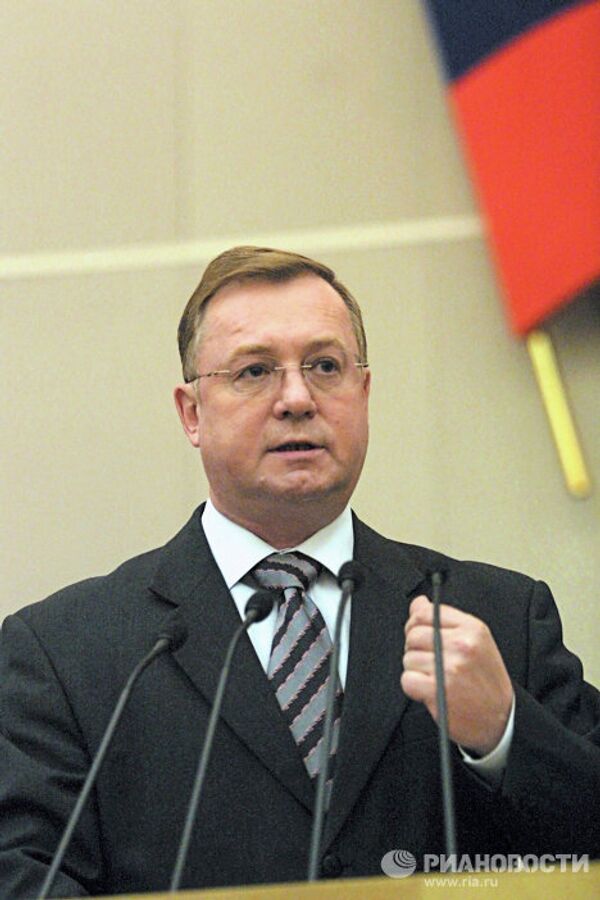
Sergei Stepashin served as Russian prime minister from May 12 till August 9, 1999.
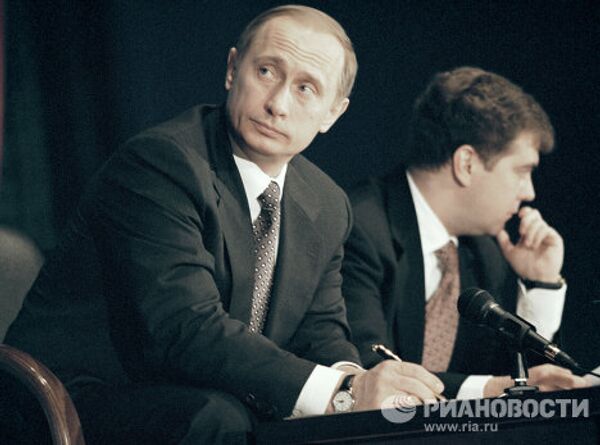
After firing Stepashin's cabinet, Yeltsin appointed Vladimir Putin as new prime minister. Putin became acting president after Yeltsin's resignation on December 31, 1999 but formally held the post of premier until May 7, 2000.
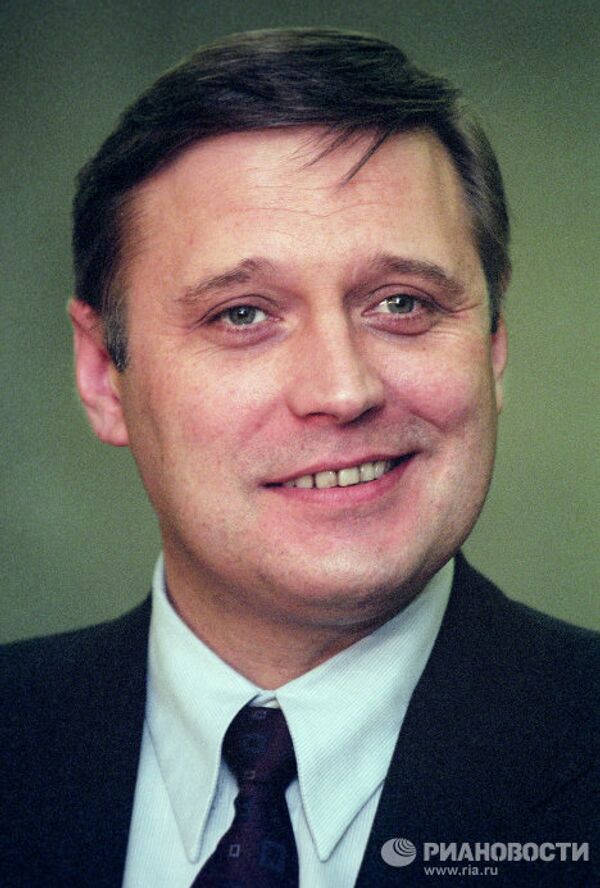
After his inauguration on May 7, 2000, Putin appointed Finance Minister Mikhail Kasyanov as prime minister. Kasyanov was dismissed not long before the presidential elections, along with his entire cabinet, on February 24, 2004 after more than three years in office.
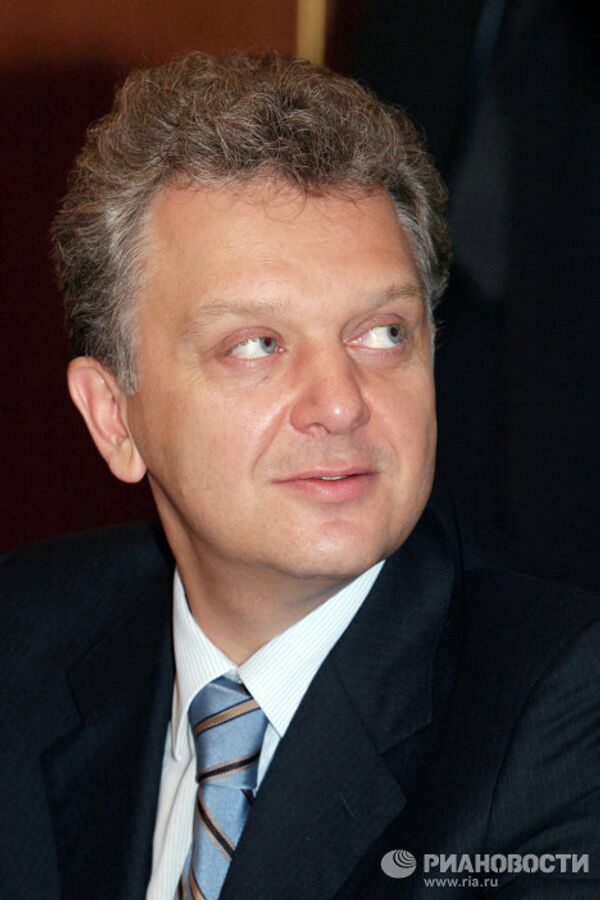
Viktor Khristenko was acting prime minister from February 24 till March 5, 2004.
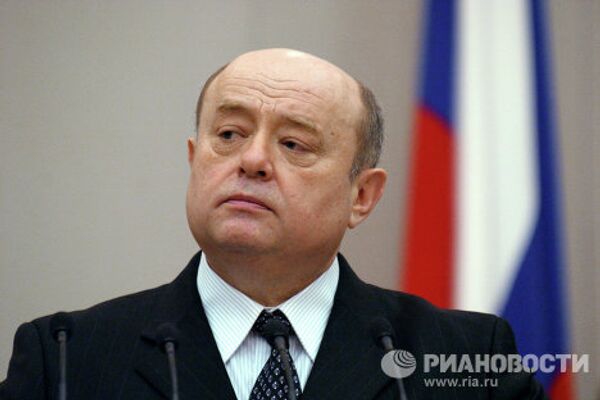
Mikhail Fradkov headed the Russian government for more than three years, from March 5, 2004 till September 12, 2007.
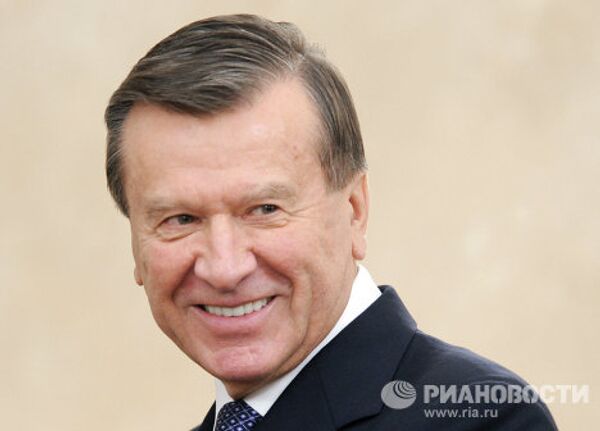
Viktor Zubkov was appointed prime minister on September 14, 2007. His cabinet resigned on May 7, 2008 when Dmitry Medvedev was inaugurated as Russian president.
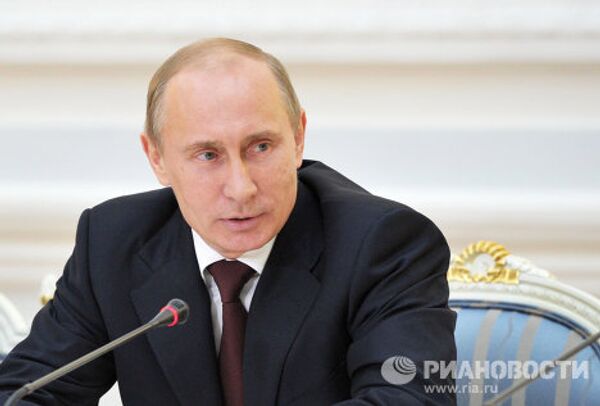
On May 8, 2008 the Russian State Duma approved Vladimir Putin as prime minister. He headed the Russian government during the four years of Medvedev's presidency.

